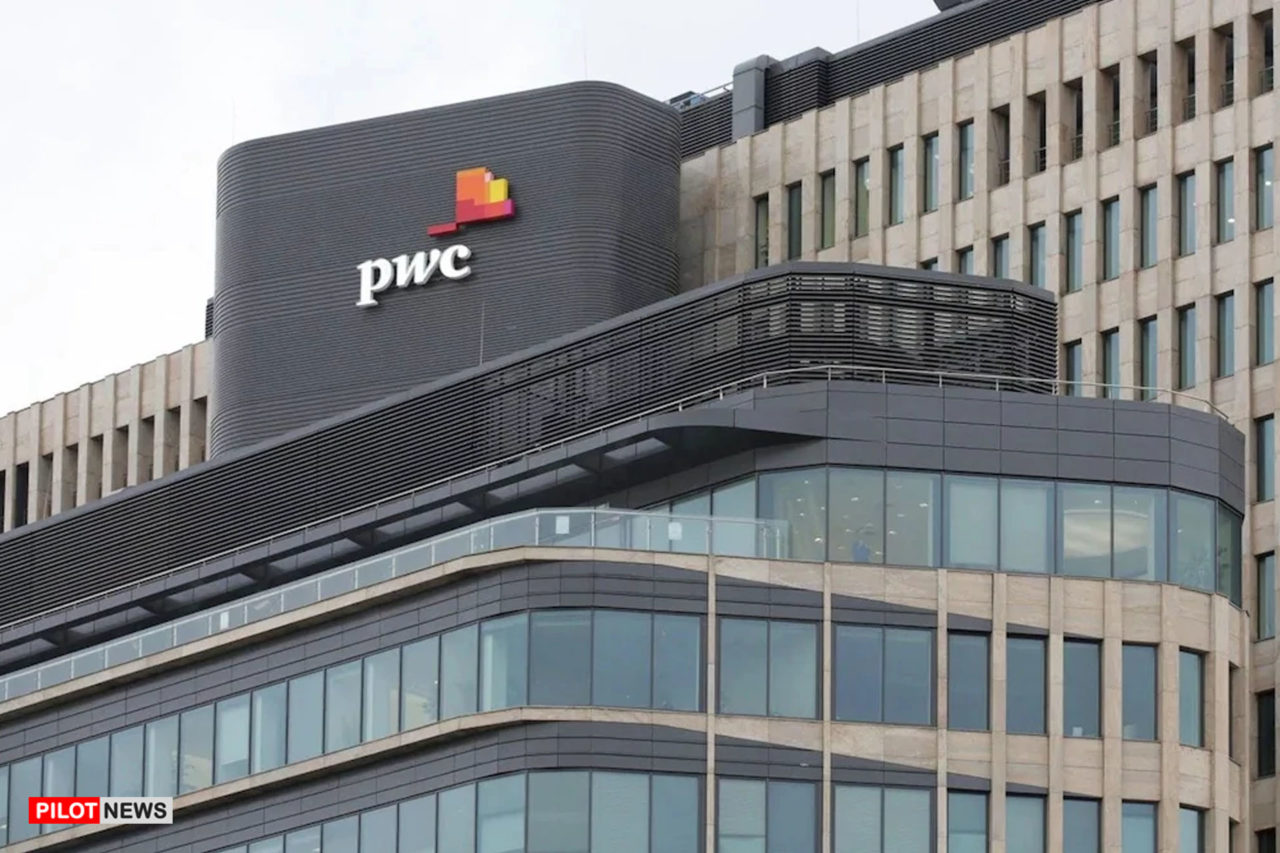The federal government needs to look at areas where we seem to be wasting revenue, the subsidy is the biggest one and about N4 trillion could be gained if removed, PwC Nigeria said.
Crude oil, Nigeria’s major source of revenue has been hit by the Covid-19 pandemic which forced oil prices down for several weeks – until a few days ago when Brent began rising — making the country consider reviewing the 2020 budget oil benchmark to $20 dollars from $30, as disclosed by the Minister for Finance, Budget and National Planning, Zainab Ahmed, early this week in a web dialogue series.
In addition to the coronavirus induced misfortunes in oil, partial economic activities in many states in Nigeria due to the viral infection has constrained the country’s internal revenue prospect.
“This is a very difficult time for the global economy, even more still for a developing country like Nigeria where there is a lot of reliance and dependence on crude oil revenue to fund the government as well as foreign exchange earnings,” Nairametrics quotes Taiwo Oyedele, Partner and West Africa Tax Lead at PwC, as saying.
Oyedele said the government needs to consider where revenue can be raised during this difficult time without creating economic problems and to check revenue wastage. One of the ways wastages occur, he said, is subsidy which could have been added to the country’s revenue.
“So we have a subsidy on petroleum products, particularly petrol. The government says we have removed subsidy but they are not paying attention to the fact that we have 3 components of subsidy. There is under-recovery, that is what has been removed; there is foreign exchange subsidy, that has not been removed; there is tax subsidy, that has not been removed.”
Foreign exchange subsidy can be removed by harmonizing the rate at which everyone gets the foreign currency, Mr. Oyedele said. This will mean not giving concessionary interest rates to petroleum products importers, but rather the market-driven rates, according to Nairametrics.
Oyedele said that while taxes in the form of VAT and Excise duty on petroleum products could bring in about N2 trillion, removal of subsidy on electricity tariff would generate N1 trillion. The country could generate between N3 trillion and N4 trillion in revenue if subsidies are removed.
“You also need to find out how do you harmonize the tax waivers and incentives that are not really adding value to the economy.”
- PHOTOS: After 48 Days in Hospital, Boy Labelled Witch and Abandoned is Discharged - August 8, 2021
- Travellers Complain Over Fly Infested Aminu Kano Airport - August 6, 2021
- Ondo 2020: Mimiko Criticises Akeredolu’s Performance - September 28, 2020


